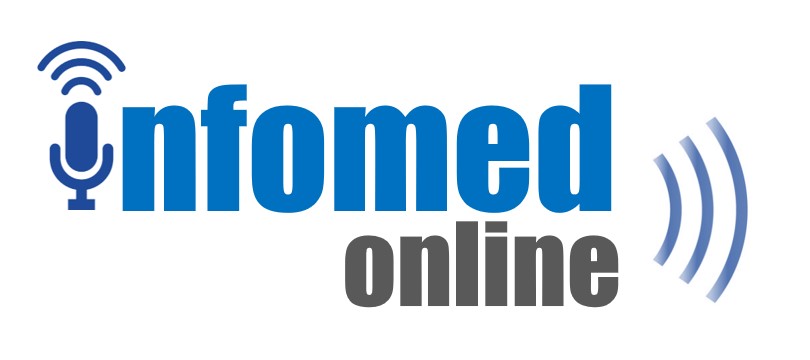2nd Radiology in the Assessment of the Critically Ill Patient: CT and XR Interpretation
What the Consultant Intensivist needs to know
An intensive and interactive case-based course, with short lectures, to develop further your CT and XR interpretation practice organised by Infomed Research & Training on Wednesday 7 and Thursday 8 March 2018, at ULL, 33 Finsbury Square, London EC2A 1AG (not at the Park Plaza County Hall Hotel, 1 Addington Street, London SE1 7RY)
[maxbutton name=”2nd Radiology in the Assessment of the Critically Ill Patient: CT and XR Interpretation – March 2018″]
[maxbutton id=”122″]
Target Audience
The course is aimed at Consultants and SASGs in Intensive Care, and Consultant and SASG Anaesthetists covering Intensive Care sessions. Suitable also for senior STs.
Course Directors
Dr Justin Kirk-Bayley, Consultant Anaesthetist and Intensivist, Royal Surrey County Hospital, Guildford
Dr Elizabeth Dick, Consultant Radiologist and Honorary Senior Lecturer, Imperial College Healthcare NHS Trust
Course fee
Early bookers rates (booking and paying before or on Fri 16 Feb):
NHS: £525 (inc. VAT)
Standard rates (booking and paying on or after Fri 16 Feb):
NHS: £595 (inc. VAT)
Course fee includes web access to lecture slides (pdf) when submitted by the faculty, course booklet, lunch and refreshments and attendance certificate.
Accreditation
Approved by RCoA for 11.0 CPD credits
Course faculty
Leading Consultant Radiologists, experts in their respective fields and experienced in advancing the skills of other specialists
- Dr Sa Tran, Consultant Radiologist, King’s College Hospital, London
- Dr Raj Das, Consultant Radiologist, Glenfield Hospital, Leicester
- Dr Tim Yusuf, Consultant Radiologist, King’s College Hospital, London
- Dr Saipriya Ramji, Senior Neuroradiology Fellow, Salford Royal NHS Foundation Trust
- Dr Anish Raithatha, ST in Radiology, Imperial College Healthcare NHS Trust
- Dr Maureen Dumba, Senior Fellow, Radiology, Imperial College Healthcare NHS Trust
- Dr Ana Nicolescu, Consultant Radiologist, Barts Health NHS Trust
Full course programme
(Download and print)2018_03_radiology_for_the_intensivist_programme_web
About the Course
- Numbers strictly limited. Two attendees per iMac workstation for peer interaction and learning
- Case based learning with short introductory lectures, offering guidance and practical knowledge
- Interactive discussions, what is relevant and significant, tips and take home messages that will change your interpreting practice
The Course will assist the Intensivist
- to understand how radiological investigations can best be used to assist in the management of critically ill patients (covering head and spine, chest, abdomen)
- to interpret radiological investigations performed on critically ill patients to acquire a systematic approach to image interpretation
- to understand what not to miss and why, including life threatening problems, and common errors to avoid
- to know what investigation to ask from the Radiologists and when to ask for help!
- to understand the key guidelines and protocols
- to understand the roles, advantages, disadvantages of modalities, i.e. Plain XR, US, CT and MR
Course aim and learning outcomes
To provide the busy, ‘hands-on’ Consultant Intensivist with a practical, stimulating and comprehensive update on the best use of imaging in the assessment of the critically ill patient:
- practical (workstation based learning);
- stimulating (interactive, challenging, real-life cases, immediate feedback); and
- comprehensive (head and spine, chest and abdomen).
By the end of the course, the delegate will have:
- a comprehensive understanding of good/best imaging interpretation and reporting practice in intensive care;
- improved imaging interpretation skills;
- greater confidence in advanced practice; and
- identified skills and knowledge gaps, if any, relevant to his/her practice, and clear ways by which these can be addressed.


